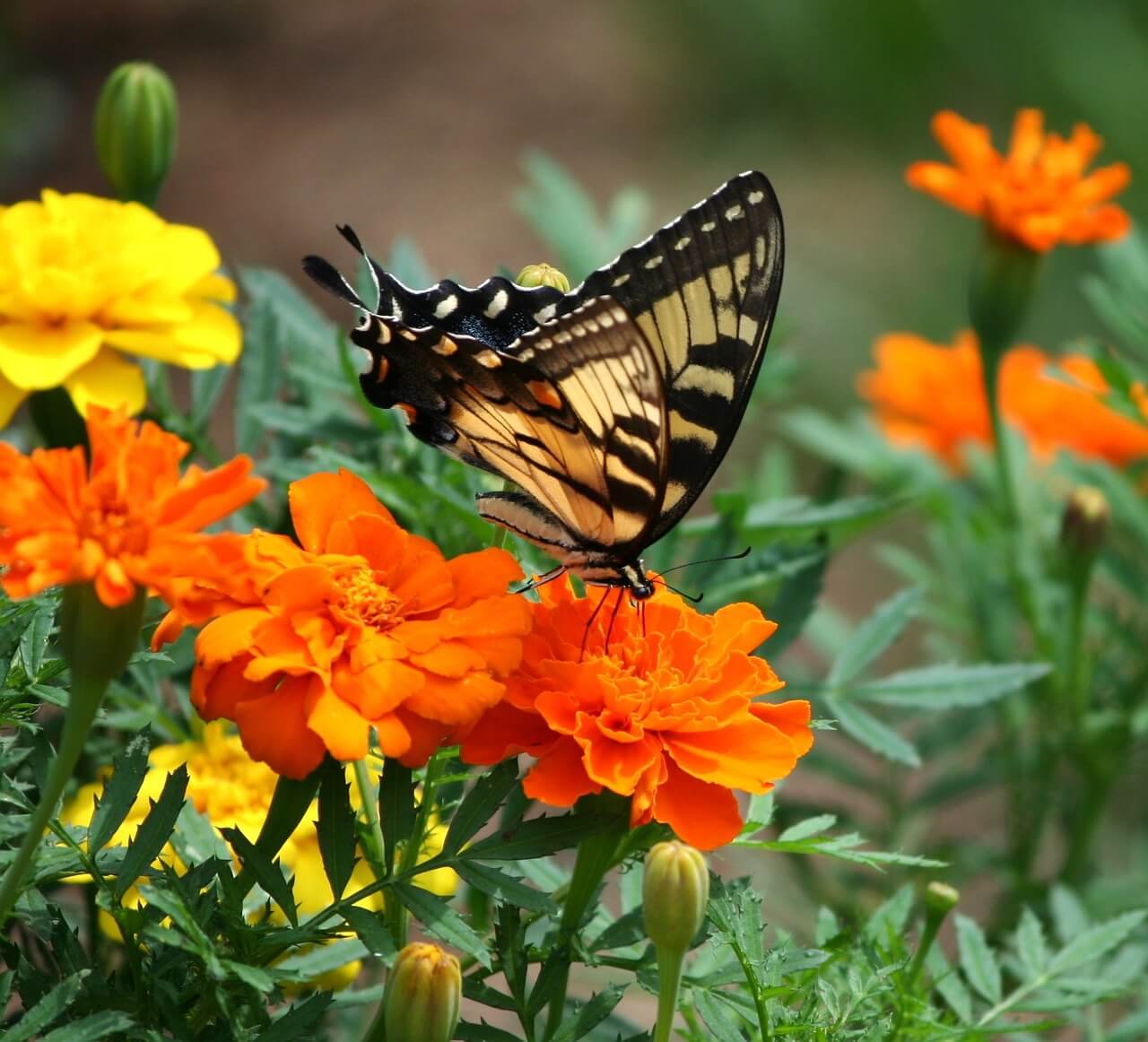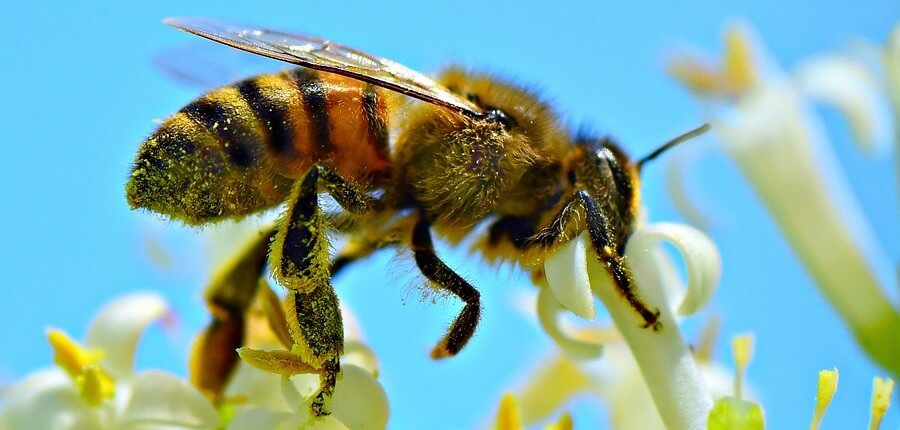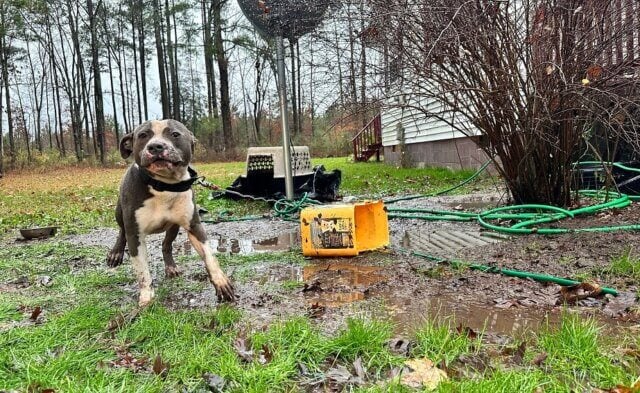By Rebecca Libauskas
Our yards are teeming with life, from fluttering moth wings to the dynamic march of ants. Yet many people see bugs and other tiny animals as “pests” that should be eradicated—rather than as individuals who want to live. Using pesticides not only harms insects but can also have severe long-term consequences for other animals and the environment. So for this National Be Nice to Bugs Day (July 14), let’s acknowledge our small friends and take steps to protect them.
I’m fortunate to live in a neighborhood where algae-covered ponds, untouched ravines and elder trees provide a home for various animals, including bugs. During the summer months, the glitter of lightning bugs and the symphony of chirps and buzzes create an enchanted atmosphere in my yard—an ambiance that is almost nonexistent in more manicured suburban areas.
Although I enjoy the magic of bugs, I know that they don’t exist for me. Like all sentient beings, insects have their own desires, needs and purpose in the ecosystem. They have their own value—whether they add joy to my life or not.
Scientists are discovering that insects may experience a range of emotions, including pleasure, depression and optimism. A study by researchers at the University of Arizona and King’s College London reveals striking similarities in how the brains of different animals—like flies and humans—regulate behavior. And insects are much more intelligent than was once believed: Bees can count up to four, cockroaches can play dead and wasps can use tools.
Insects may not communicate in ways we understand, but they have feelings. When threatened, trapped or killed, they can experience fear, stress and anxiety. Still, many humans dump harsh pesticides onto insects’ homes—claiming these areas as their lawns—without blinking an eye. It makes me wonder: Why is the golf-course aesthetic preferable to an untamed tangle of native wildflowers, anyway?
Perhaps this ideal will change as more people become aware that when they spray to get rid of a specific “problem”—like mosquitos or dandelions—they also place the life of every insect in the area at risk. Some are misled by packaging or ads that claim a product is “eco-friendly.” But it’s impossible for an insecticide to spare all non-target victims. Pollinators, including bees and butterflies, are particularly susceptible to herbicides because these chemicals can obliterate their food sources. And the damage doesn’t stop at insects: Studies show that pesticides and herbicides have caused a decline in some bird species populations. Insecticides can also pose a risk to human health.

Change starts with us. Try talking with your neighbors about allowing a patch of native plants in your yard, planting a butterfly garden at a local park or spreading information in neighborhood groups about the harm caused by pesticides. Consider building insect habitats, such as “bug hotels,” with your children or local scout troops to provide shelter and nesting sites. And remember that there are always humane ways of dealing with unwanted insects. Mosquitos can’t fly in the wind, so in summer, when I enjoy the magic in my yard, I run an extension cord and a fan to avoid becoming dinner. Another tip? Ticks hate the smell of lemon, lavender and peppermint, so any of these can be rubbed onto exposed skin to prevent bites. And you can add rose geranium oil to your canine companion’s collar before a hike. There are many other helpful tips like these on the internet.
We must change—before it’s too late: According to a 2019 report by the journal Biological Conservation, there has been a global decline of 40% in insect species populations and one-third of those species are at risk of extinction. By protecting and preserving insects, we can help sustain the complex web of life on our planet. So this National Be Nice to Bugs Day, let’s recognize the importance of protecting insects, preserving biodiversity and ensuring a sustainable future for generations to come.





